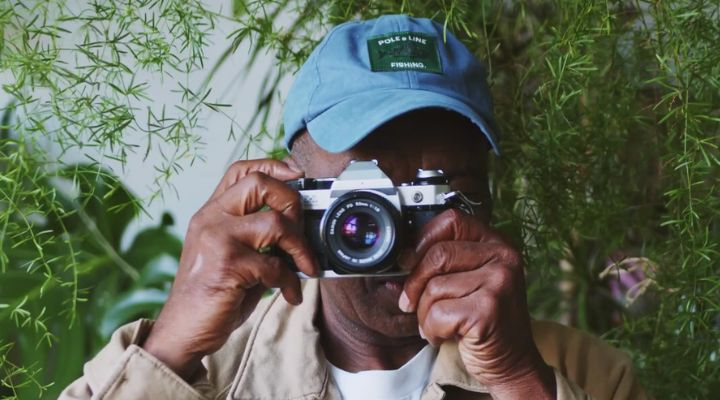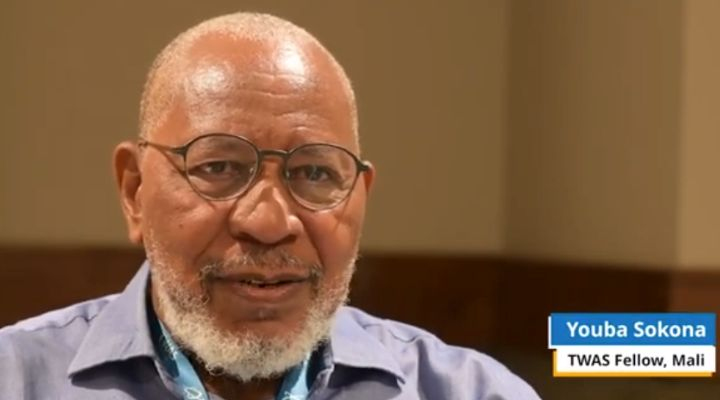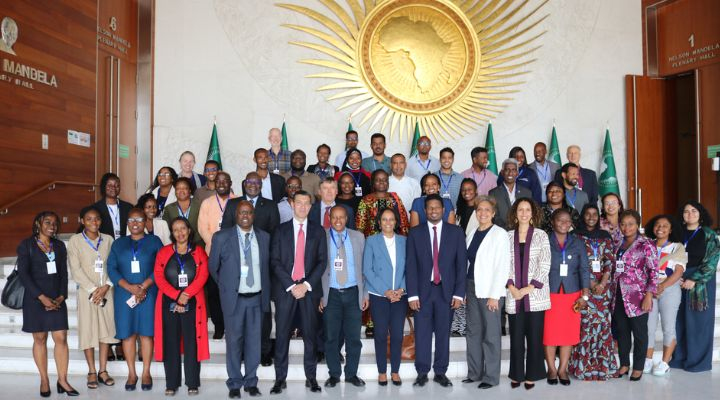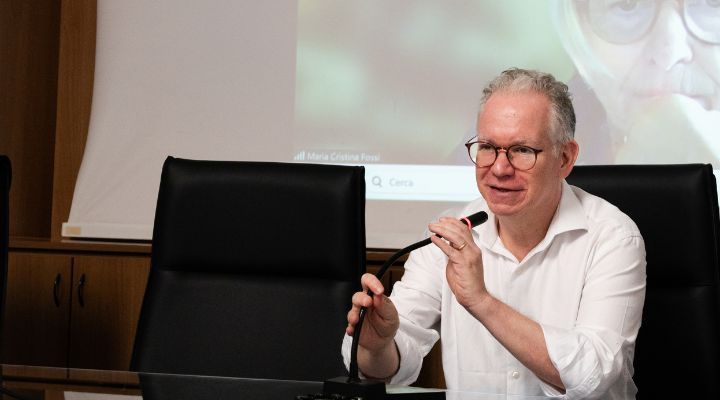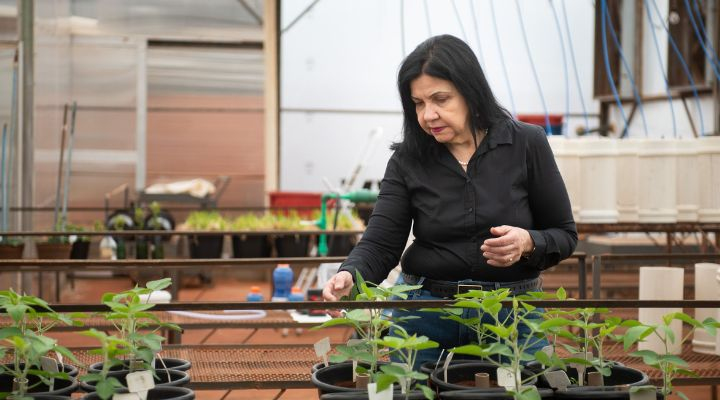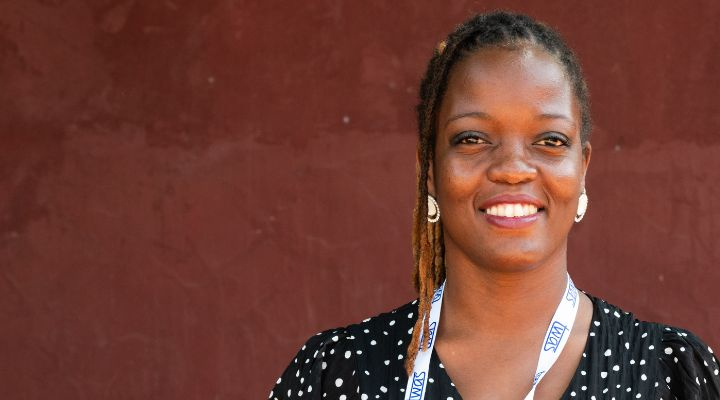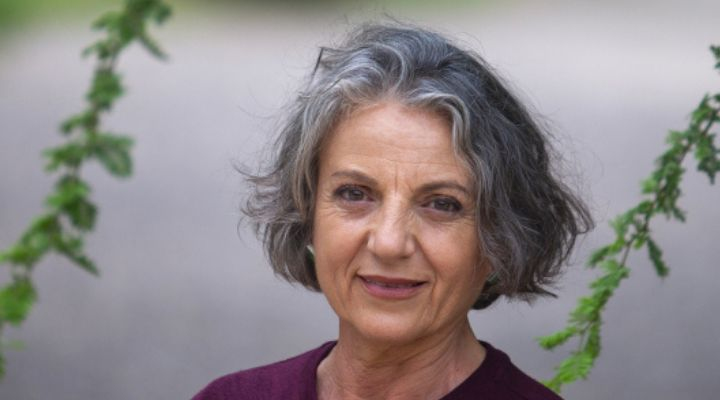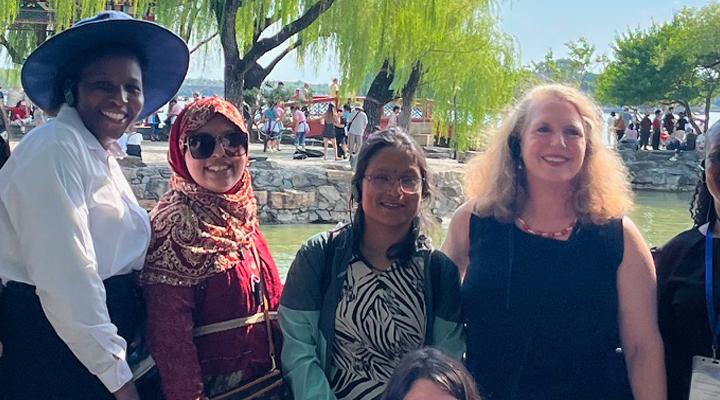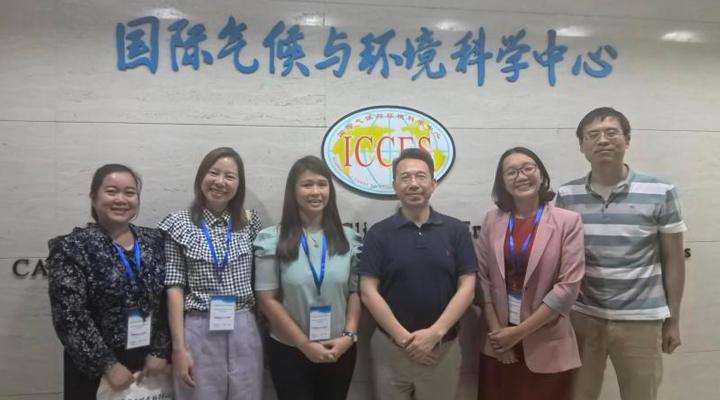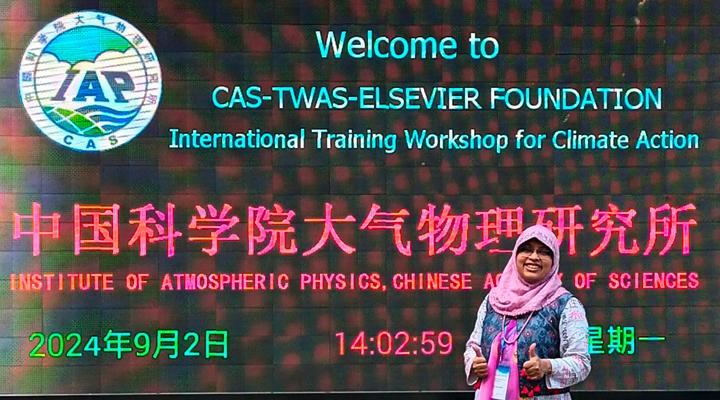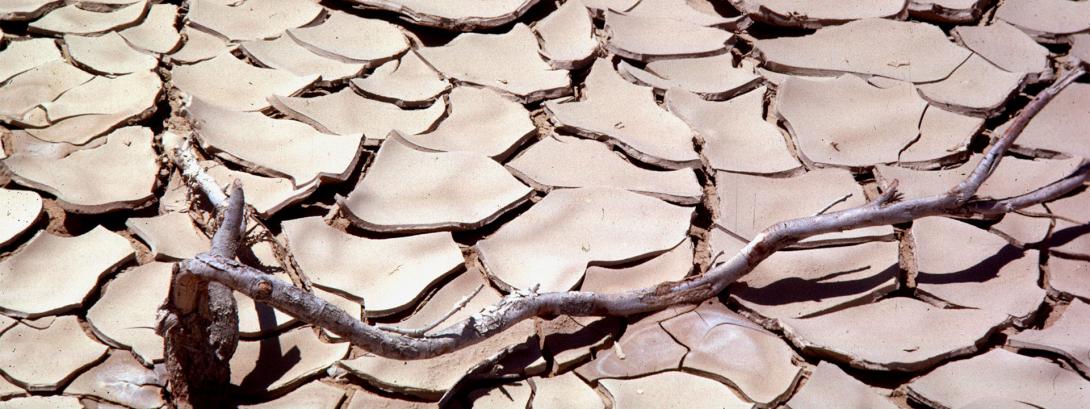Sustainable development has always been at the heart of TWAS's mission, and recently the Academy has become increasingly alarmed by disruptions caused by climatic changes in developing countries. Climate change threatens to reverse decades of progress on poverty reduction and jeopardizes the achievement of the UN Sustainable Development Goals (SDGs). Contributing in this area is critical: Societies in the Global South need support to both develop in maximally sustainable ways and adopt strategies for mitigation and adaptation.
The Academy also recognizes that the risks and consequences of the climate crisis are distorted. Many of the most vulnerable countries facing hardships are those that have historically emitted the least greenhouse gases. Therefore, it is ethically imperative to support countries of the Global South, and in particular Least Developed Countries (LDCs). In addition, women in these countries are often disproportionately affected.
In this context, reconnecting with nature and protecting the environment by establishing sustainable models for consumption and production, while conserving indigenous knowledge, is a key priority. TWAS aims to support higher education in climate studies in the LDCs and strengthen interdisciplinary training in these countries, so that climate scientists there can produce tangible results.
Given the urgency of the spectrum of situations brought about by climate change in the developing world, in 2022 TWAS launched two new programmes:
HIGHLIGHTED NEWS
